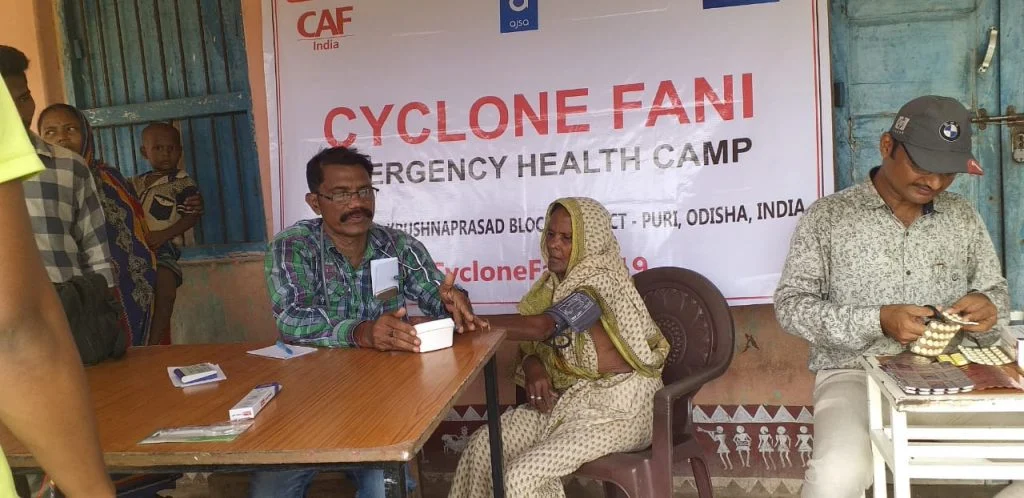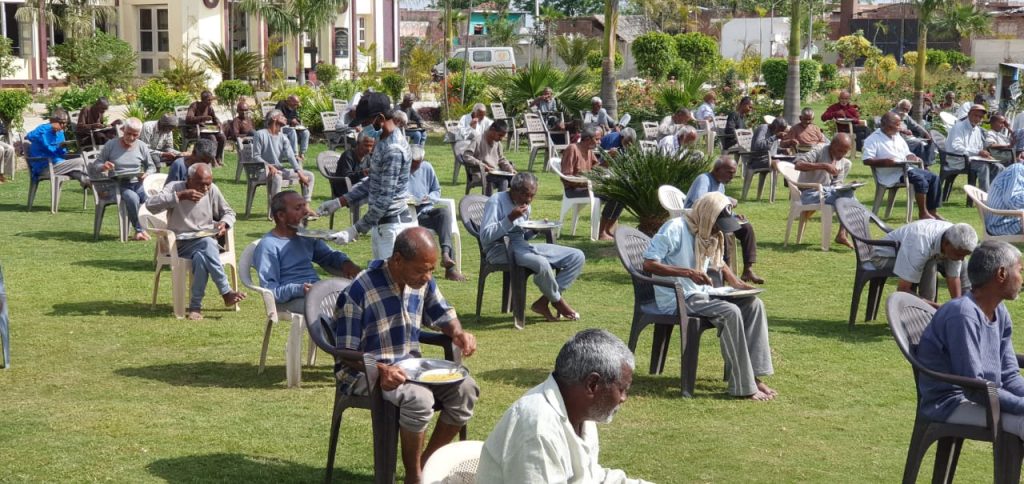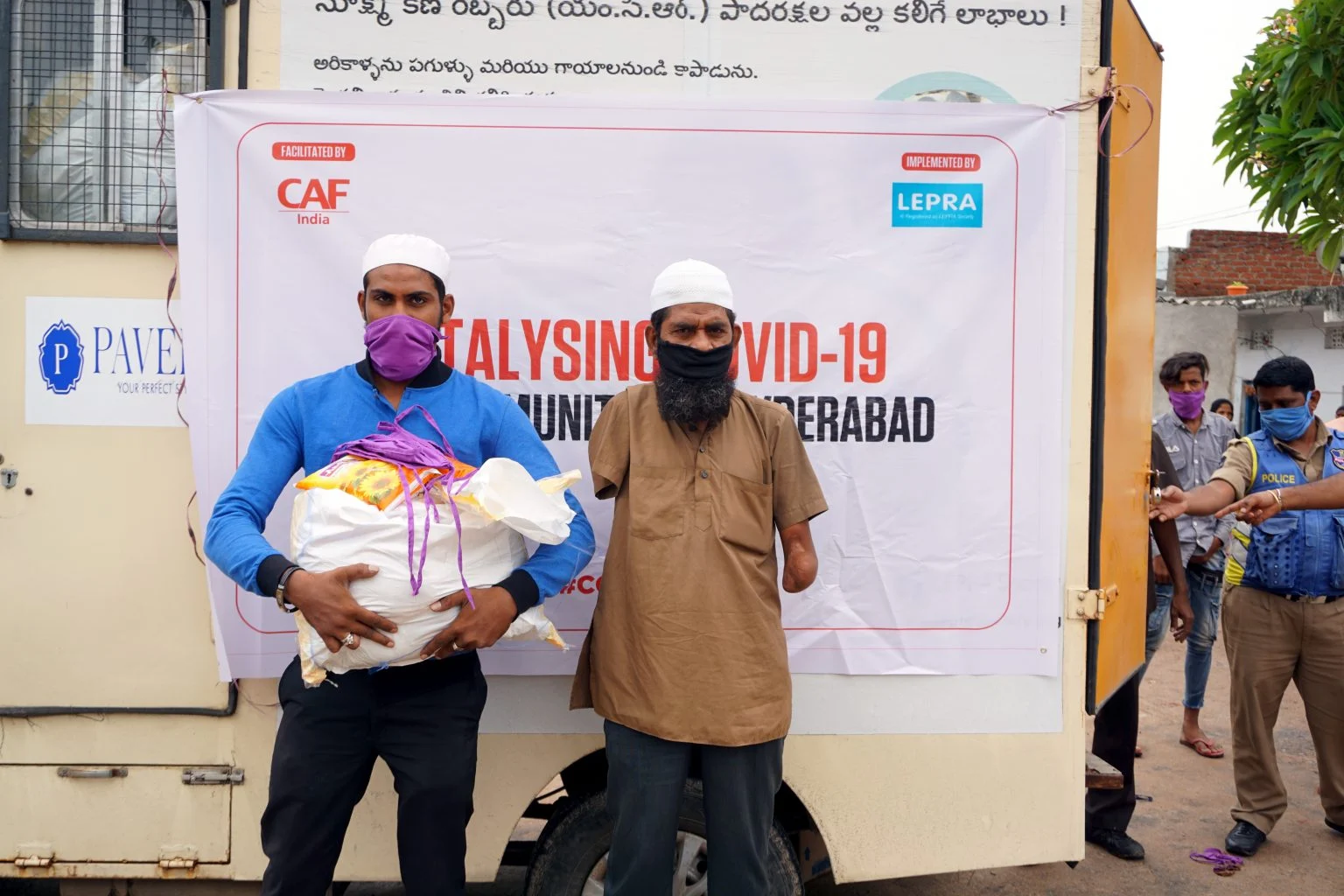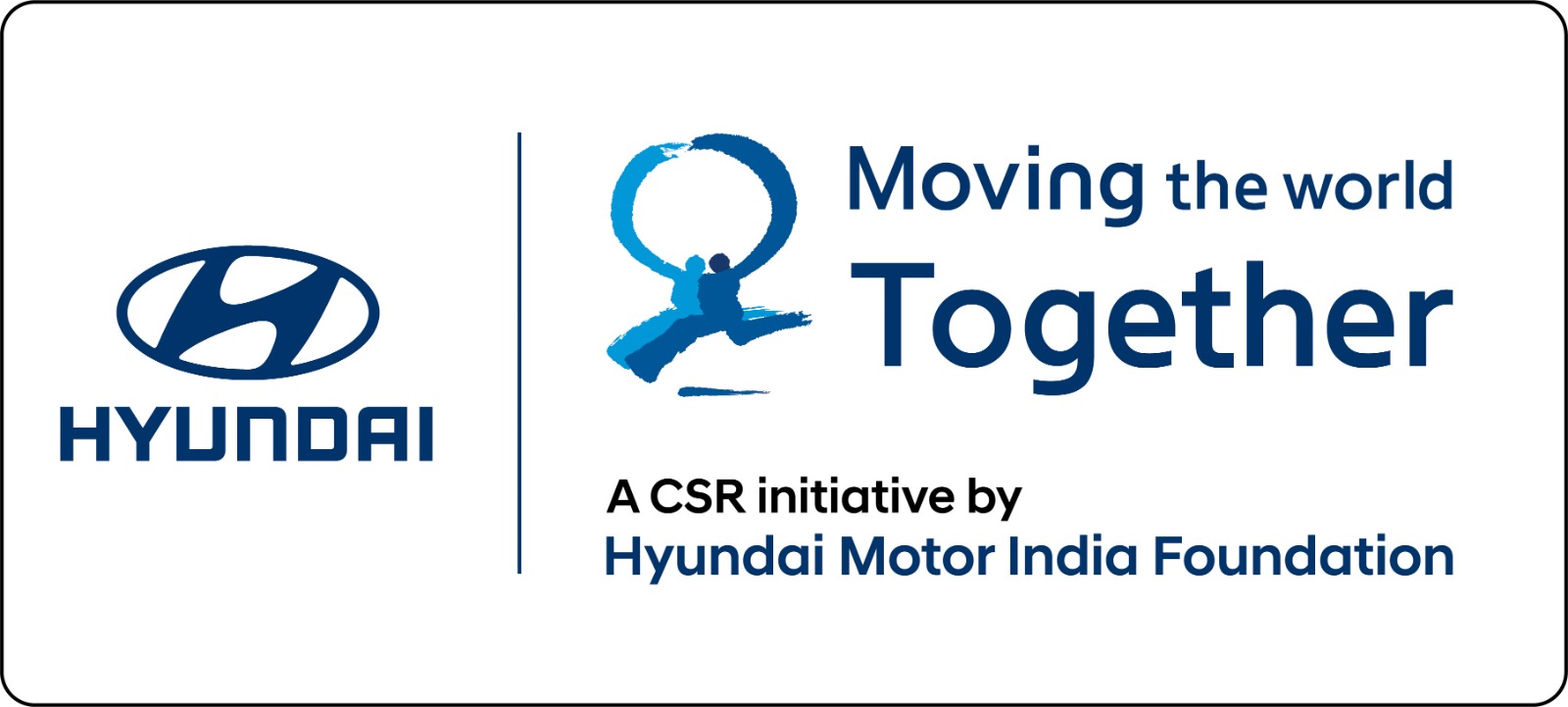World Humanitarian Day (WHD) is observed every year on 19 August to pay tribute to relief workers, who risk their lives working for humanitarian causes, and to rally support for people affected by crises around the world. As the COVID-19 pandemic ravages the world, the work of humanitarian workers has become more relevant than ever. The crisis is real, unprecedented and very imminent.
It has affected each and every one of us. Almost every household, community, organization, sector and nation is reeling from its impacts on health, the economy and society. Our world has fundamentally changed. Charities Aid Foundation (CAF) India, as always, rose to the occasion to implement life-saving interventions that have helped vulnerable communities, migrant populations, frontline workers and essential service providers sail through the crisis. Humanitarian workers across the country risked their lives to identify these groups and get them the necessary help.

From Gujarat to COVID-19, OneStage humanitarian journey
Over the years, OneStage has reached out to millions of victims affected by various humanitarian crisis such as, the earthquake in Gujarat, Nepal; the tsunami in Southern India; floods in North-East India, Gujarat, Uttrakhand, Bihar, J&K, Kerala, Tamil Nadu and Karnataka; Cyclones like Amphan, Fani, Gaja and Hud Hud.
In Kerala for instance, OneStage was able to reach out to about 5,000 families in the worst affected districts. The assistance focused on providing emergency relief with the provision of life-saving essentials such as ‘family kits’ to aid the victims. At the time of massive floods in Kerala in 2018, bordering area of Karnataka also got affected especially coffee plantation area of Kodagu district of Karnataka. OneStage was able to help more than 200 coffee plantation workers, who were severely affected by the floods by providing essential items such as blankets, water storage containers, mosquito nets, buckets, mugs, soaps, candles, rice, dal, tarpaulin, bed sheets etc.
During cyclone Fani, OneStage responded to some of the worst affected blocks of Puri district by providing health and hygiene kits, conducting health camps, organizing health awareness camps, providing shelter support and renovation of damaged school building.
In 2017, when floods ravaged Assam and Mizoram, OneStage helped communities build back better. The humanitarian intervention reached out to the two worst affected villages, targeting 880 households and 4798 beneficiaries in different phases of humanitarian assistance. A total of 150 families were supported with family kit under relief phases. Families were also provided support in Pig rearing, poultry farming and raising a backyard kitchen garden.

In the aftermath of the Pulwama attack, OneStage launched the ‘Give4Veers’ appeal to support the bereaved families of the soldiers.
All this was possible through generous donations from our corporate partners and their employees, individuals and also NGOs who worked relentlessly to provide succor to the victims of the tragedy.
For over 20 years, OneStage has progressively functioned to structure itself as aready, responsible, relevant and resourceful humanitarian organization. The organization has aimed to strengthen preparedness for humanitarian response and prevent disaster related risks by protecting communities, environment and economy. Driven by the core principle of ‘Build Back Better’, OneStage has mapped resources to facilitate immediate relief and rehabilitation measures aligned to Disaster Risk Reduction (DRR) approach through a robust pan India network of validated and credible NGOs.
The road ahead
The next decade is going to be very crucial for OneStage and other civil society organisations working on humanitarian responses. Climate change and global warming will lead to more extreme weather events such as cyclones and floods. Experts say that change in temperatures can affect the way pathogens behave. Novel pathogenic bacteria, viruses, and parasites may emerge or re-emergence due to climate change. Heat stress may elevate the potential for animal-to-animal transmission and even provide possibilities for pathogens to cross between species.
Covid-19 pandemic has shown the world that how vulnerable we all are towards such outbreaks. Combine it with extreme whether events and it is a recipe for a disaster. We have already seen how COVID-19 and Amphan cyclone proved to be a double whammy for communities living near the coastal areas of West Bengal and Odisha.
At the same time, with the economy in peril, many organisations, who have worked on COVID-19 are finding it difficult to survive in the midst of a crunch of funds. According to Charities Aid Foundation’s Global Alliance poll, more than 75 percent of the civil society organisations in India feel that they will not be able to survive for another twelve months without support.
On World Humanitarian Day, we must acknowledge the efforts of several unsung heroes, who have put their lives on the line to save others. Governments, corporations and individuals must join hands to ensure that CSOs get the much-needed support to thrive. The world needs them now, more than ever. To support OneStage in the fight against COVID-19, click here.
Search
Categories
Recent Posts
- A brief visit to a project site in Gurugram
- How was OneStage born?
- ‘The plight of people moved me, and the heroic efforts of frontline workers inspired me to support COVID Relief work’
- 7 ways to take care of your Mental Health during the pandemic
- 5 things you must keep in mind before forwarding information on COVID












.png)

.png)

